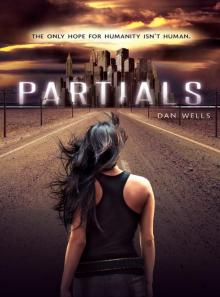 Partials
Partials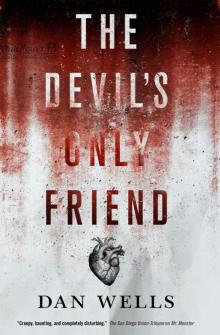 The Devil's Only Friend
The Devil's Only Friend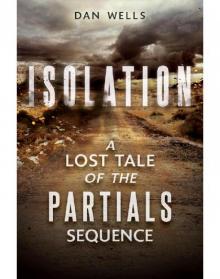 Isolation
Isolation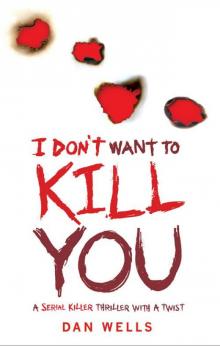 I Don't Want to Kill You
I Don't Want to Kill You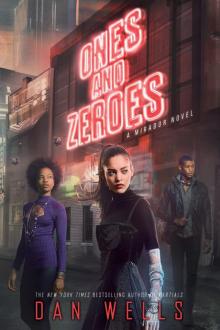 Ones and Zeroes
Ones and Zeroes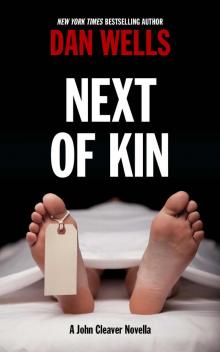 Next of Kin
Next of Kin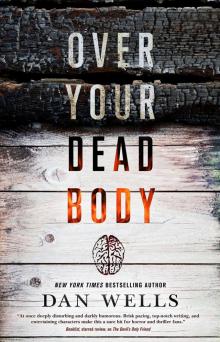 Over Your Dead Body
Over Your Dead Body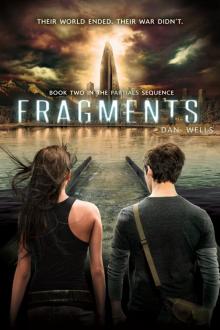 Fragments
Fragments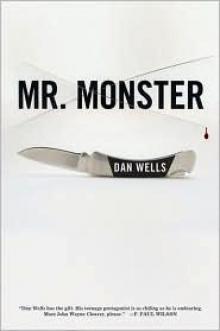 Mr. Monster
Mr. Monster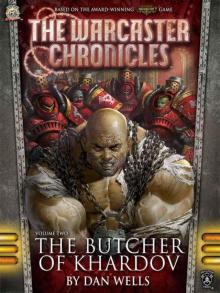 The Butcher of Khardov
The Butcher of Khardov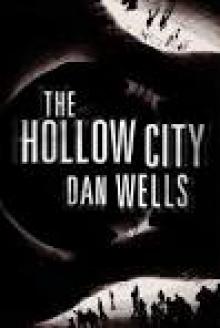 I AM NO T A S E RI AL KI L L E R
I AM NO T A S E RI AL KI L L E R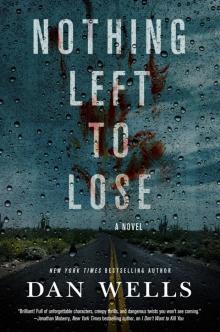 Nothing Left to Lose--A Novel
Nothing Left to Lose--A Novel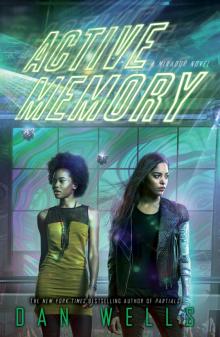 Active Memory
Active Memory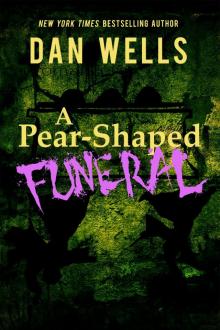 A Pear-Shaped Funeral
A Pear-Shaped Funeral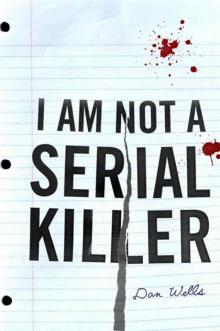 I Am Not a Serial Killer
I Am Not a Serial Killer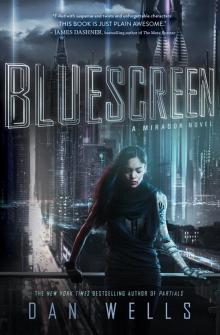 Bluescreen
Bluescreen Ruins
Ruins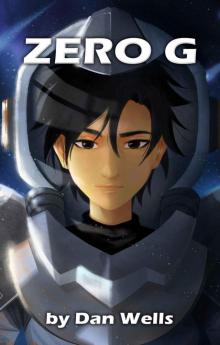 Zero G
Zero G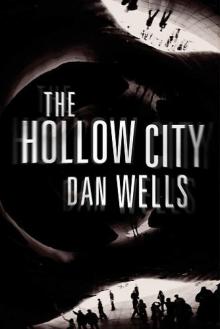 The Hollow City
The Hollow City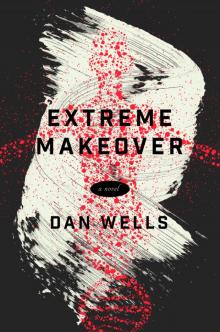 Extreme Makeover
Extreme Makeover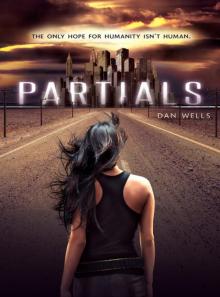 Partials p-1
Partials p-1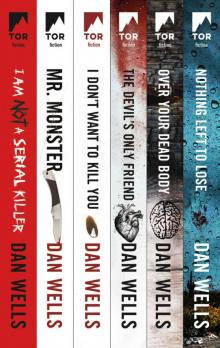 The Complete John Wayne Cleaver Series: I Am Not a Serial Killer, Mr. Monster, I Don't Want to Kill You, Devil's Only Friend, Over Your Dead Body, Nothing Left to Lose
The Complete John Wayne Cleaver Series: I Am Not a Serial Killer, Mr. Monster, I Don't Want to Kill You, Devil's Only Friend, Over Your Dead Body, Nothing Left to Lose